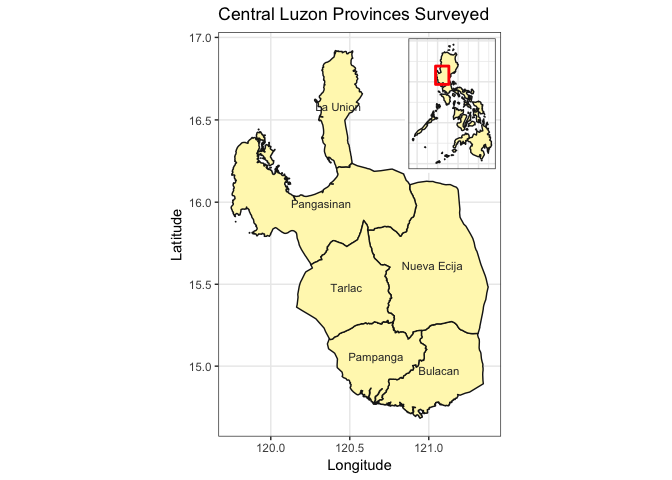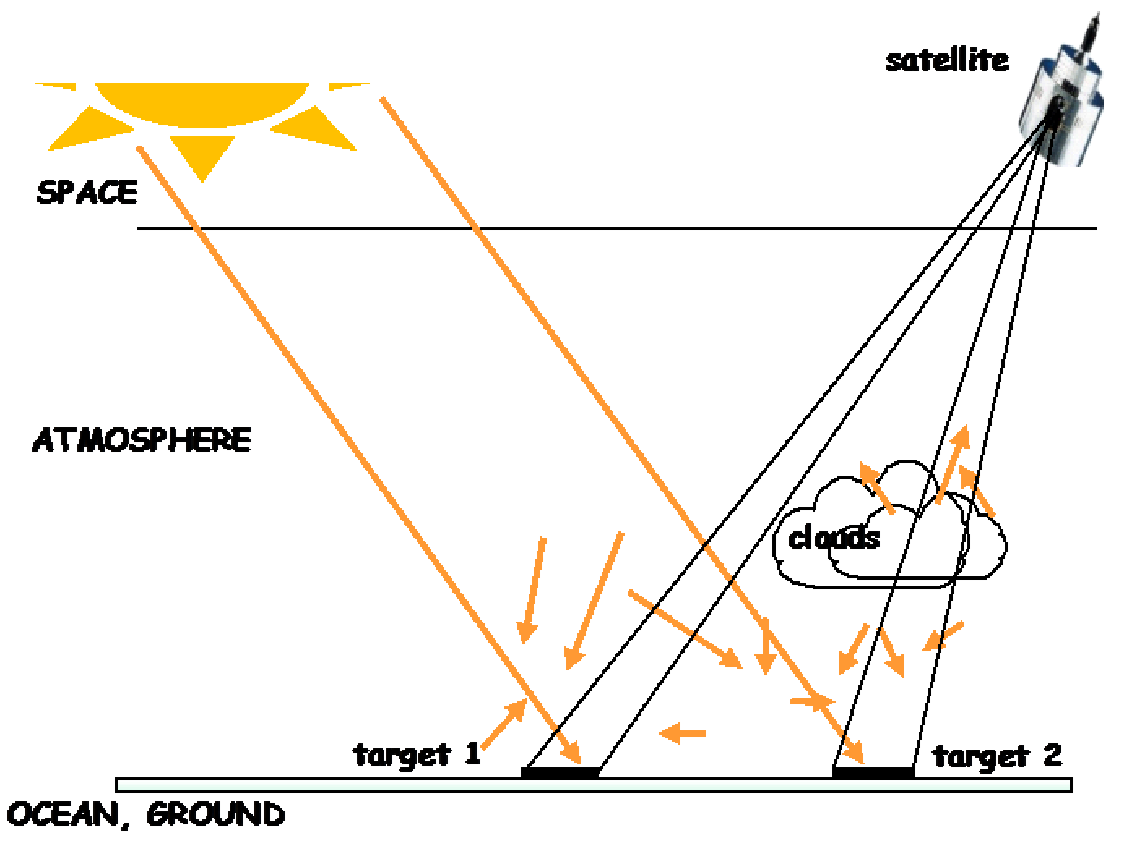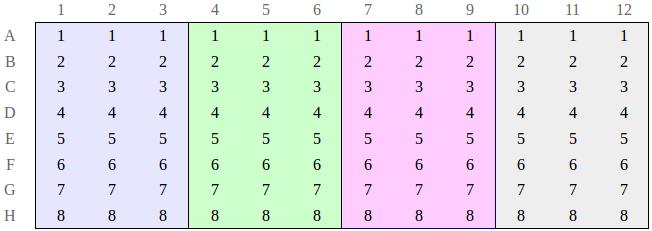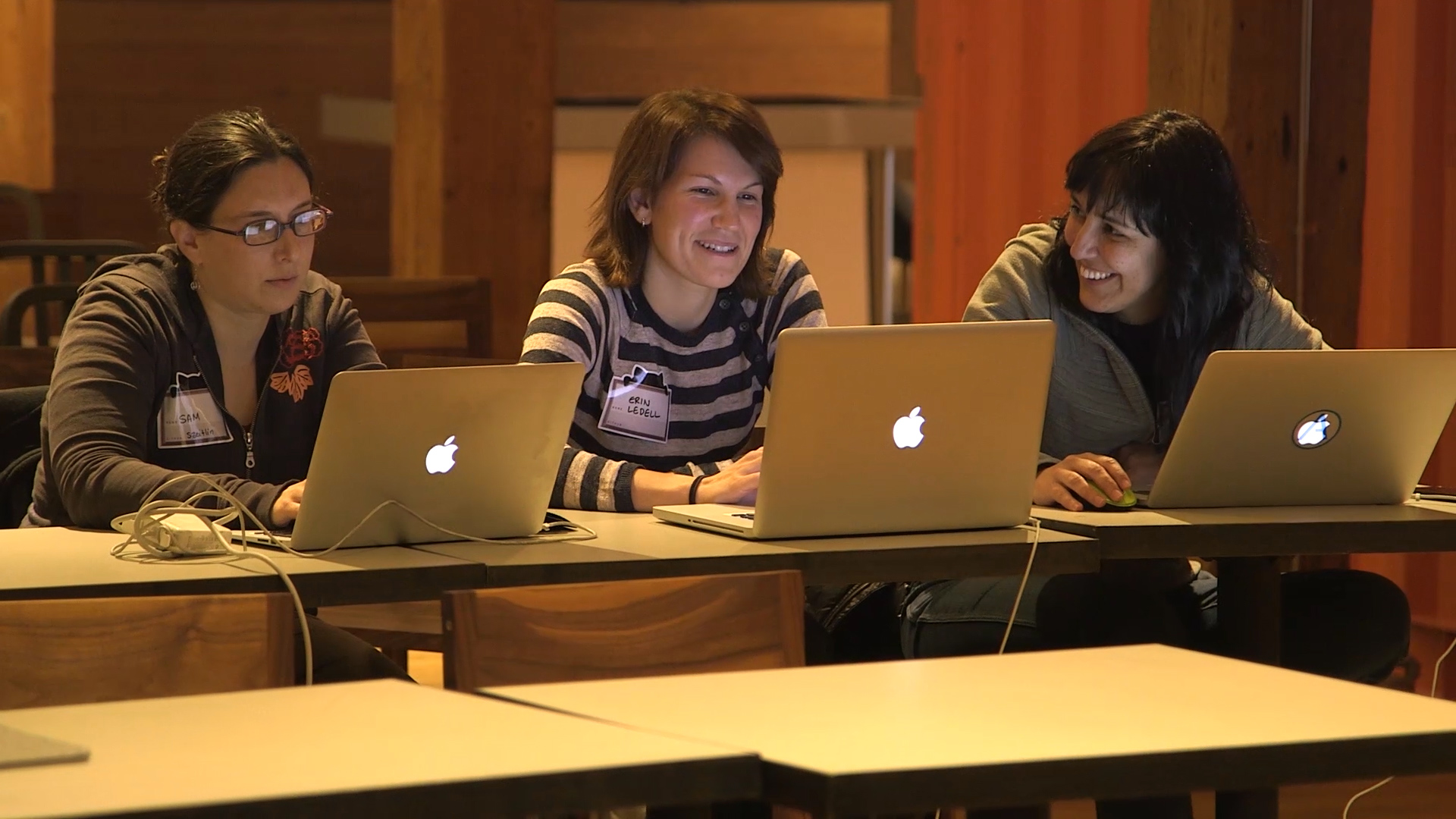
There’s a lot of work that goes in to making software: the code that does the thing itself, unit testing, examples, tutorials, documentation, and support. rOpenSci software is created and maintained both by our staff and by our (awesome) community. In keeping with our aim to build capacity of software users and developers, three interns from our academic home at UC Berkeley are now working with us as well.






